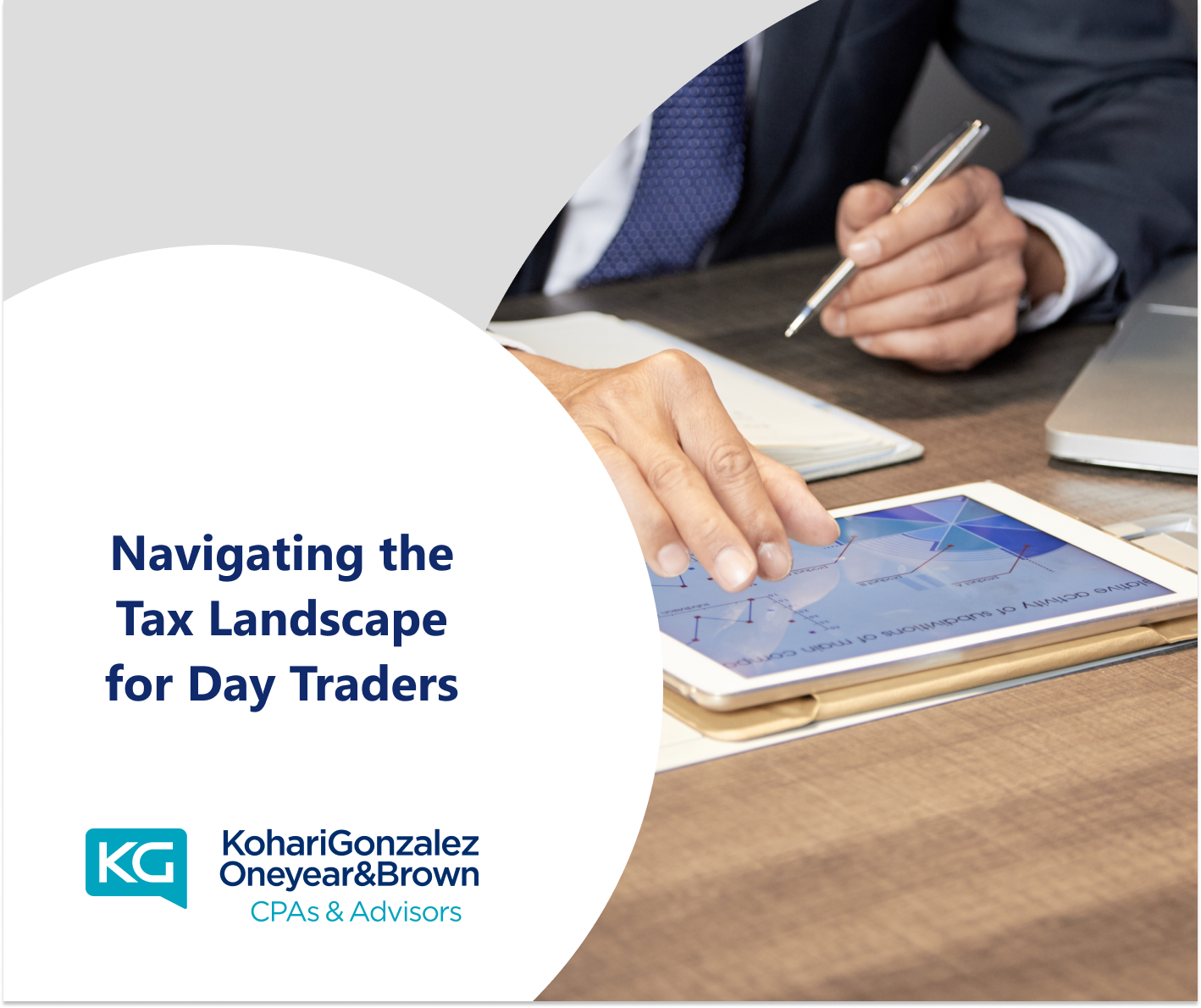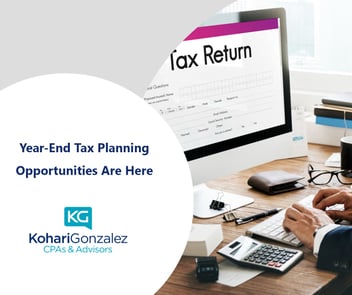
- Who Qualifies as a Day Trader?
- Pros of Day Trading from a Tax Perspective
- Cons of Day Trading from a Tax Perspective
- Other Noteworthy Tax Considerations
- Day Trader Election
In recent years, day trading, which involves purchasing and selling financial products on the same trading day, has grown in popularity. With the rise of internet trading platforms and greater market volatility, more people are becoming interested in day trading and the possible benefits it offers. However, with the possibility for financial benefit comes a complicated web of tax issues. Understanding these tax considerations is critical for anyone considering or already involved in day trading. This article delves into who is considered a day trader, the tax benefits and drawbacks of day trading, and other important tax concerns.
Who Qualifies as a Day Trader?
Simply calling oneself a day trader is insufficient for tax purposes. Individuals must meet particular IRS standards to be considered a day trader for tax purposes. The IRS does not have a specific classification for day traders, but it does offer criteria for determining whether a taxpayer is eligible for trader tax status (TTS). Meeting these conditions can bring large tax benefits, but it requires adherence to stringent restrictions.
• Individuals must engage in extensive trading activity. This usually entails performing trades on most trading days, with a large volume of trades. The IRS seeks regularity and frequency in trading activity.
• Trading should aim to profit from short-term market swings, not long-term investment gains. According to the IRS, a trader must keep precise records to distinguish between assets held for investment and securities used in trading. To accomplish this, the trader must identify the securities held for investment in their records on the day they are acquired (for example, in a separate brokerage account).
• Trading should be consistent and constant. Sporadic or irregular trade does not qualify.
• Trading requires a large time commitment. This often entails spending several hours each day monitoring markets and placing transactions.
• Dedicated office space and accurate records can support a claim for trader tax status.
Pros of Day Trading from a Tax Perspective
• Qualifying for trader tax status allows for mark-to-market accounting, which is a key benefit. This strategy enables traders to regard all gains and losses as ordinary income, which can be beneficial when offsetting other income. Furthermore, MTM accounting eliminates the need to monitor individual trade dates for tax purposes, which simplifies record-keeping.
• Day traders with TTS can deduct business expenses like as home office costs, educational materials, software, and internet fees, as they are deemed a business by the IRS. These deductions can substantially lower taxable income. Typically, these expenses are recorded on Schedule C (single proprietor). Gains and losses from selling securities are not considered self-employment income under the SE Tax.
• \tMTM traders are exempt from the wash sale rule, which prohibits loss deductions for virtually similar securities purchased within 30 days of a sale. This can be a big benefit for busy traders who repeatedly purchase and sell the same securities.
• TTS traders can contribute to retirement plans such as SEP IRAs or Solo 401(k)s to reduce taxable income and save for retirement.
• Day traders with TTS are not subject to self-employment tax (Social Security and Medicare taxes) on gains and losses from selling securities. This saves tax on the current tax return but prevents the day trader from accumulating an earnings record needed by the Social Security Administration to calculate retirement benefits. As a result, some may regard it as a disadvantage.
Cons of Day Trading from a Tax Perspective
• Qualifying for merchant tax status needs strict requirements and thorough paperwork. The IRS may evaluate TTS claims, which might result in audits and conflicts.
• MTM accounting deducts losses but taxes gains at ordinary income rates, which may be higher than long-term capital gains rates.
• Without TTS, traders face capital loss limitations, limiting their ability to deduct losses against other income. This can be a disadvantage in years with large trading losses.
Other Noteworthy Tax Considerations
• \tState Taxes: Day traders must consider both federal and state taxes. Some states have specific tax requirements for dealers, and state tax rates might vary dramatically.
• Accurate and accurate record-keeping is crucial for day traders. This includes keeping track of all trades, expenses, and other related financial transactions. Good record-keeping techniques can support claims for deductions and merchant tax status.
• \tUsing specialized tax software or consulting with experienced tax professionals can help traders navigate the complicated tax difficulties associated with day trading.
• International implications: Traders who operate in numerous countries or trade international securities may face additional tax implications. This involves an awareness of tax treaties, foreign tax credits, and reporting requirements for foreign accounts.
• Tax Planning Strategies: Proper tax planning can reduce day traders' tax bills. This involves timing trades to maximize tax benefits, using tax-advantaged accounts, and looking into entity structures such as trading partnerships or S-corporations.
Day Trader Election
The day trader election is the process by which a taxpayer decides whether to utilize the mark-to-market (MTM) accounting technique for tax reasons. This election is important for those who qualify as day traders since it influences how their trading operations are taxable.
• To make the MTM election, taxpayers must include a necessary declaration on their federal income tax return. This declaration must be filed no later than the original federal income tax return's due date (without extensions) for the tax year immediately preceding the "election year." For example, to apply the option to the 2025 tax year, it must be made by April 15, 2025.
• After making the MTM election, taxpayers must recognize gain or loss on securities held in connection with their trade or business at the end of the tax year, as if they were sold for fair market value on the last business day. The gain or loss is then treated as ordinary income or loss, and the wash sale restrictions are not applicable. Gains and losses are reported on Form 4797 rather than Schedule D/Form 8949.
Day trading has the potential for large financial gains, but it also has a complex set of tax considerations. Anyone engaging in this high-risk activity must understand who qualifies as a day trader, the tax benefits and drawbacks of day trading, and other important issues.
By seeking professional advice, day traders can effectively negotiate the tax landscape, maximizing earnings while avoiding tax liabilities. Day trading, like any other financial pursuit, requires careful planning and meticulous record-keeping to be successful. Please contact this office for assistance.



